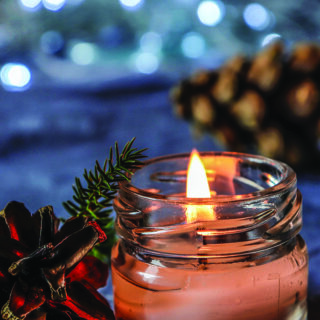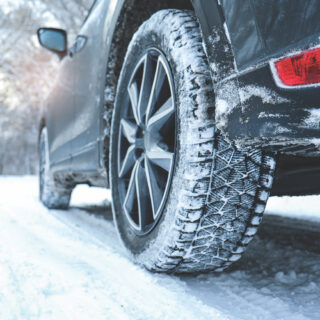
Beat Exercise Boredom
Read More
New Year’s Resolutions For Your Social Life
Read More
Eggnog Christmas Milk Cocktail with Cinnamon
Read More
Christmas Eve Fun For Families
Read More
Scented Crafts Capture The Season
Read More
Tips to Winterize Your Vehicle
Read More
Timely Tips Newsletter
Get timely tips delivered straight to your inbox.
